Researchers at the University of California - Riverside have discovered that bumble bees battling invasive Argentine ants may win individual fights but ultimately lose valuable foraging time, putting pressure on colonies already strained by habitat loss, disease, and pesticides. According to a recent study, bumble bees often avoid ant-occupied feeders, and while their size helps them win one-on-one clashes, these encounters trigger prolonged aggression that keeps them from collecting food.
The study, which was conducted by a team of entomologists and ecologists, found that when bumble bees come up against Argentine ants at feeding sites, they may win a direct confrontation but still return to the colony with less food. These encounters can leave bees with fewer resources even when they appear to come out ahead in a fight. Dr. David Rankin, a co-author of the study and a professor of entomology at the University of California - Riverside, explained that "the bees may win the fight, but they're not winning the war. They're losing valuable time and energy that could be spent foraging for food."
The researchers observed that bumble bees often avoid ant-occupied feeders, which can lead to a decrease in food collection and a subsequent decline in colony health. This is particularly concerning given the already significant challenges faced by bumble bees, including pesticide exposure, shrinking natural habitats, and disease. "Bumble bees are already struggling to survive, and this added stress of fighting with ants is just another nail in the coffin," said Dr. Rankin.
The study highlights the complex relationships between species in ecosystems and the impact of invasive species on native populations. Argentine ants, which are native to South America, have been introduced to North America and have established themselves as a dominant invasive species. They are known to outcompete native species for resources and can have a significant impact on ecosystem health.
The researchers hope that their findings will inform conservation efforts and help to develop strategies for protecting bumble bee populations. "By understanding the interactions between bumble bees and Argentine ants, we can begin to develop more effective conservation strategies that take into account the complex relationships between species in ecosystems," said Dr. Rankin.
The study's findings have significant implications for society, particularly in the context of pollinator conservation. Bumble bees play a critical role in pollinating many crops, and their decline could have significant economic and environmental consequences. The researchers emphasize the need for continued research into the impacts of invasive species on native populations and the development of effective conservation strategies.
As the researchers continue to study the complex relationships between species in ecosystems, they are also exploring new ways to mitigate the impacts of invasive species on native populations. "We're working with conservation organizations and policymakers to develop strategies for protecting bumble bee populations and promoting ecosystem health," said Dr. Rankin. The study's findings serve as a reminder of the importance of continued research and conservation efforts in protecting the health of ecosystems and the species that inhabit them.
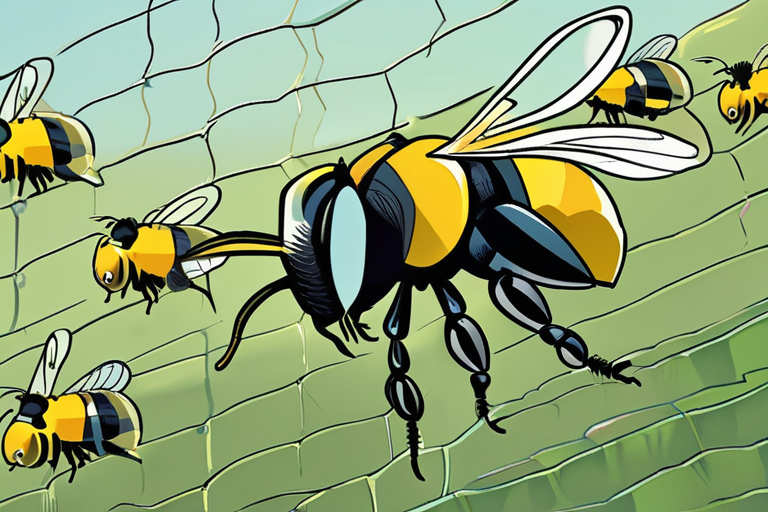




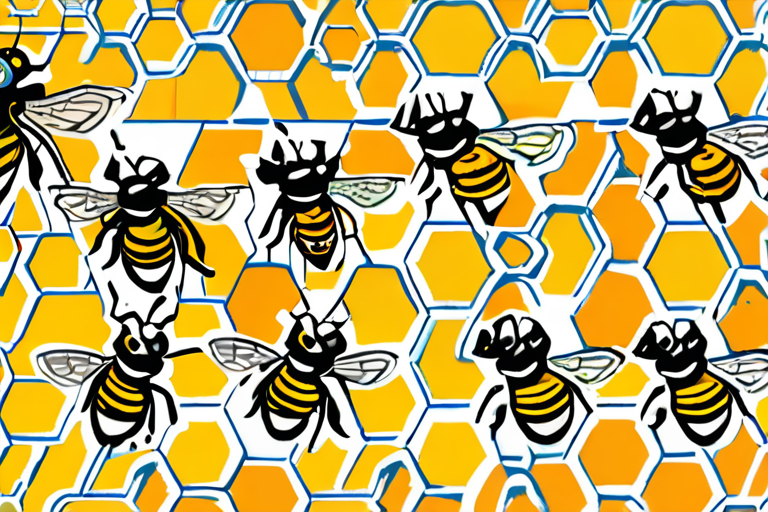
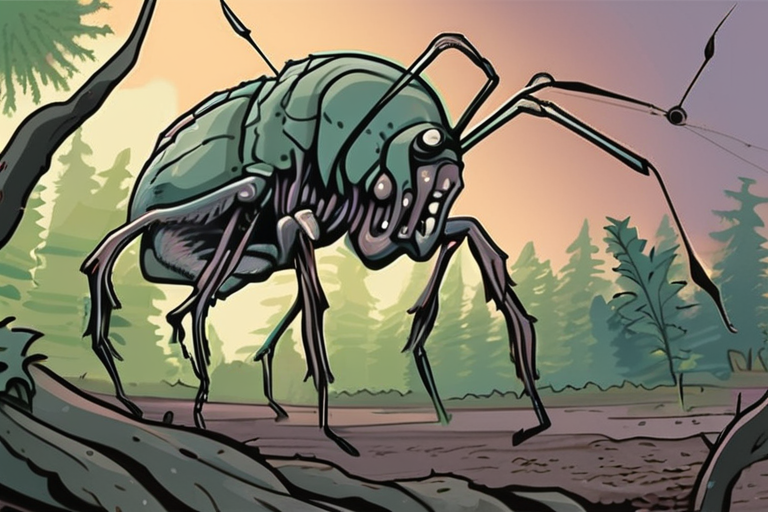
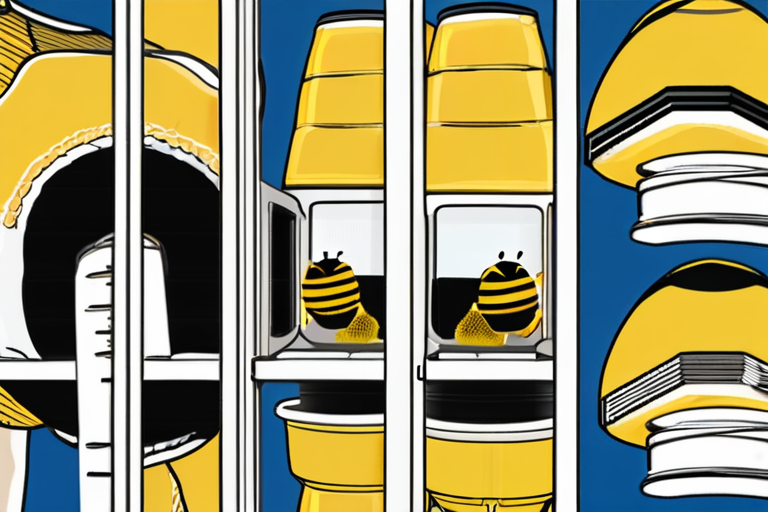
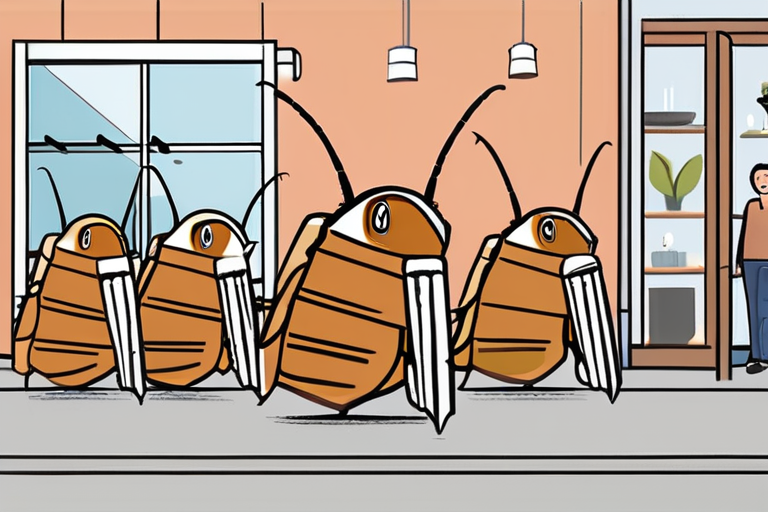
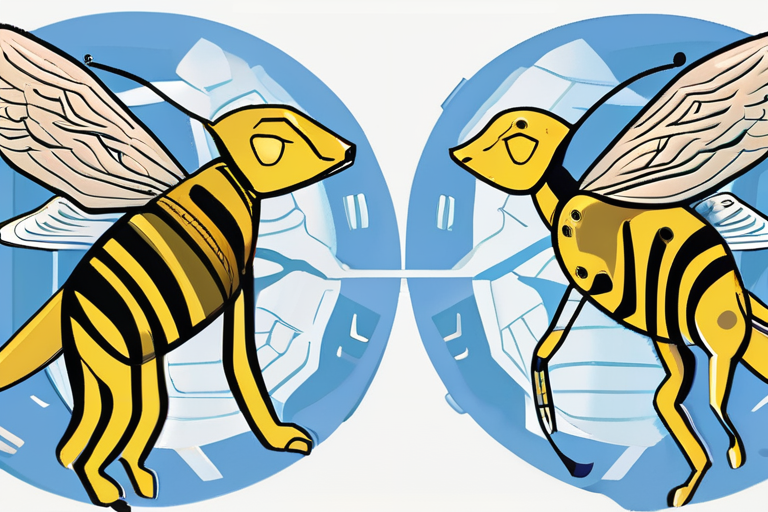
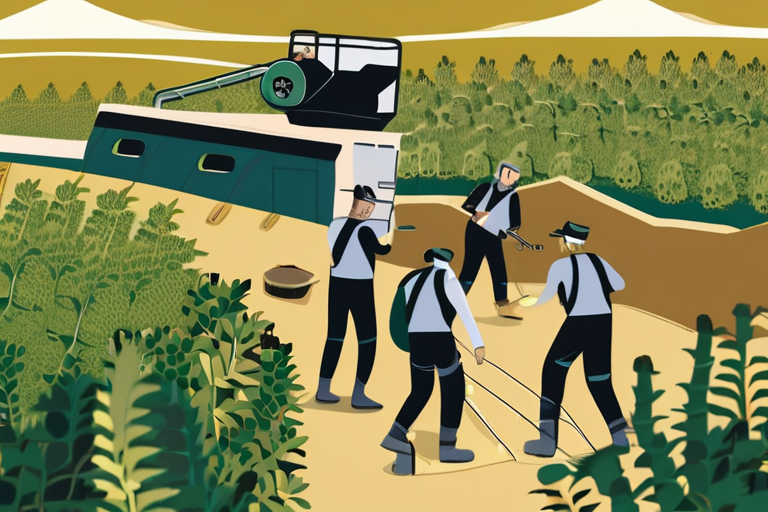
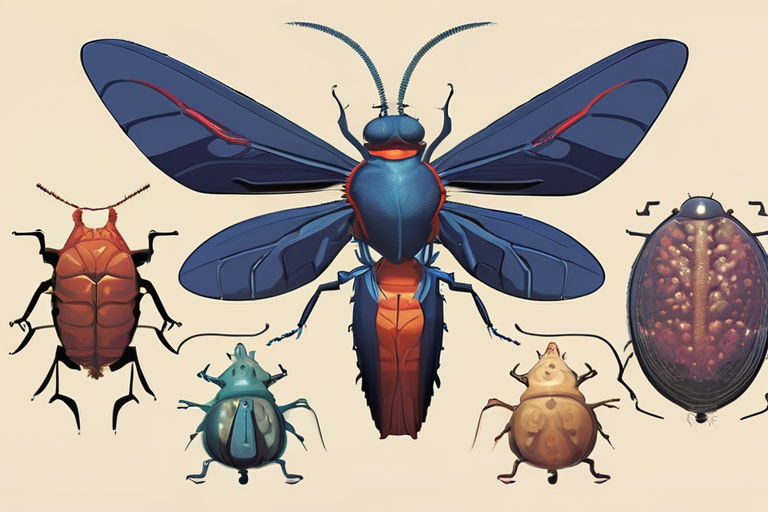

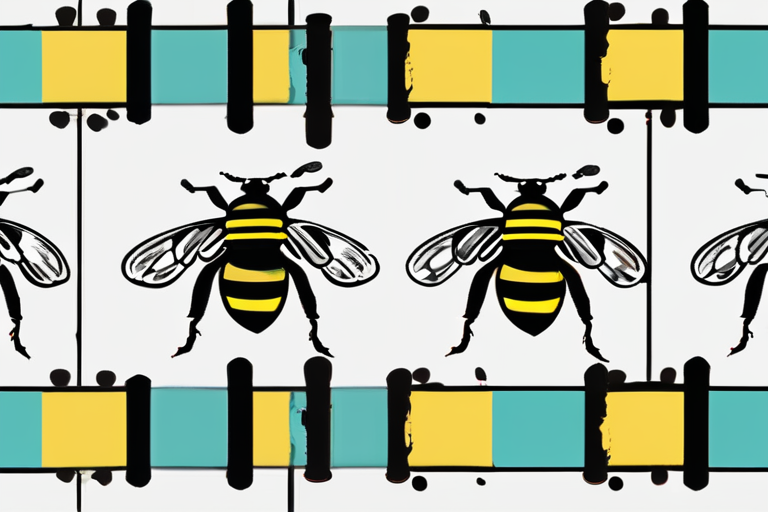
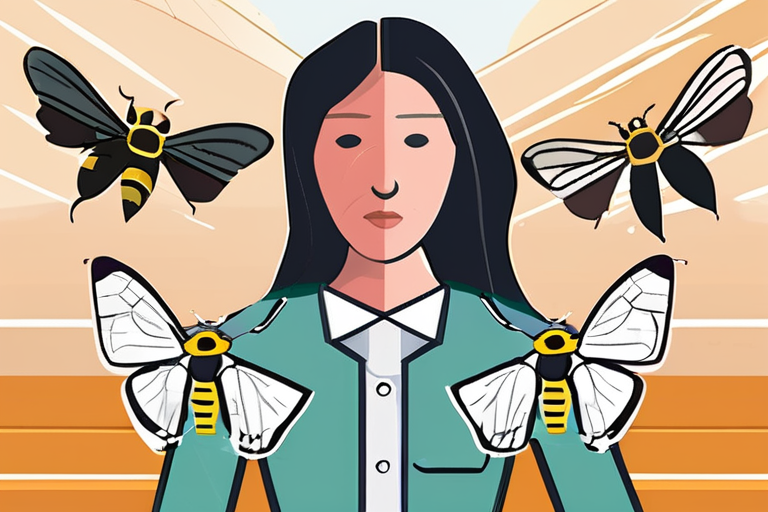
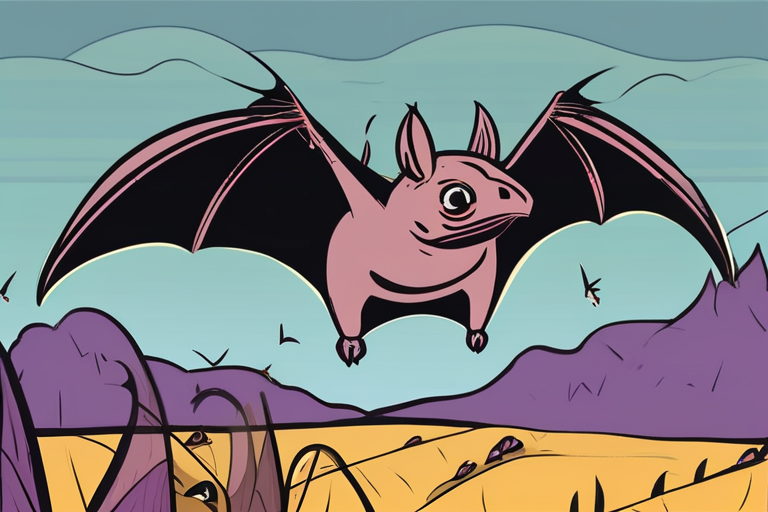

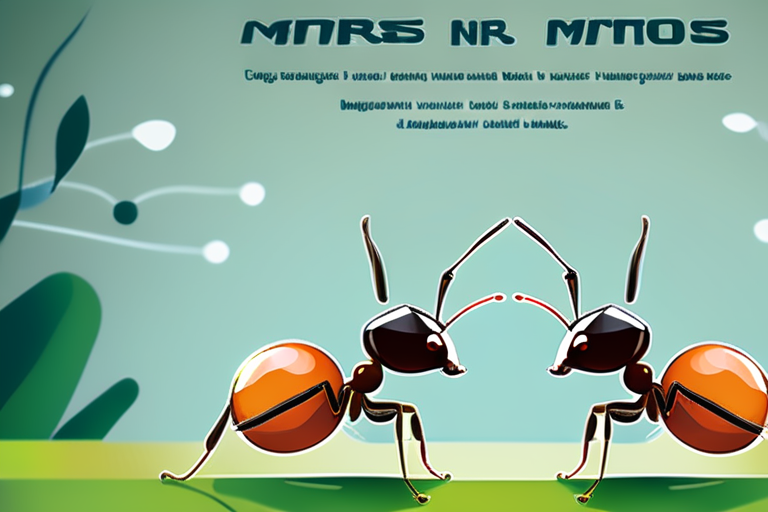


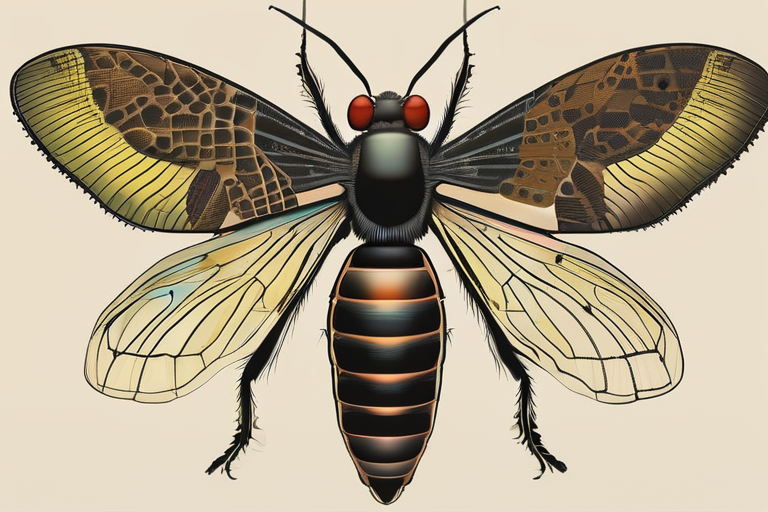
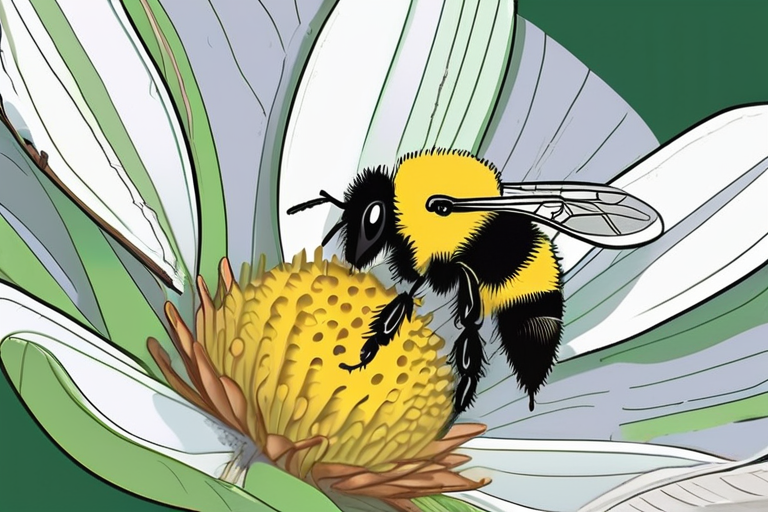

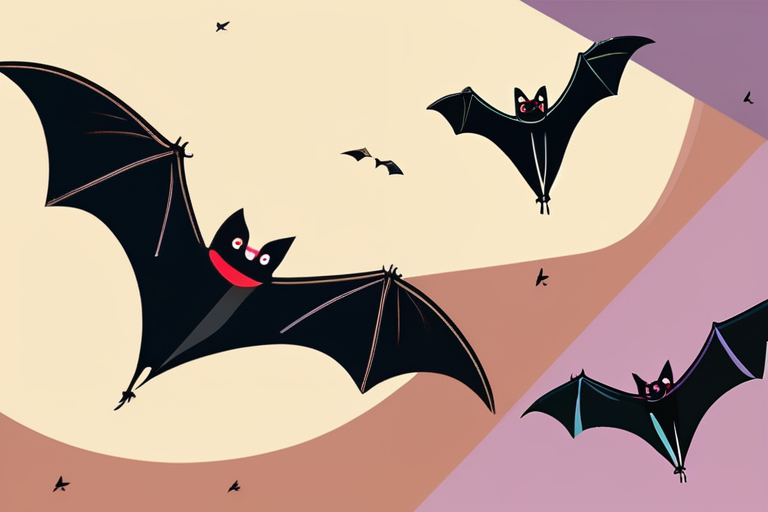
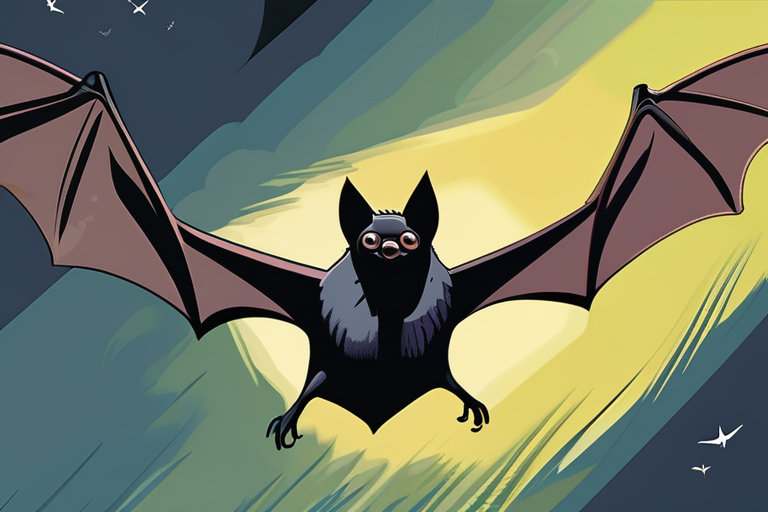
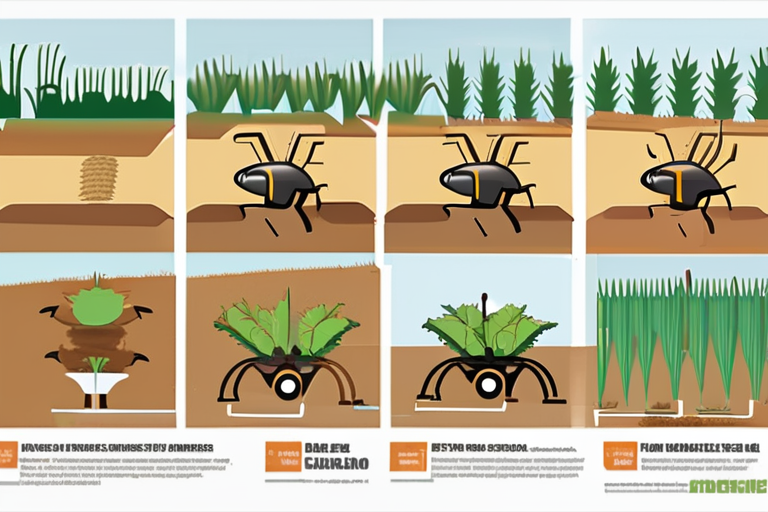
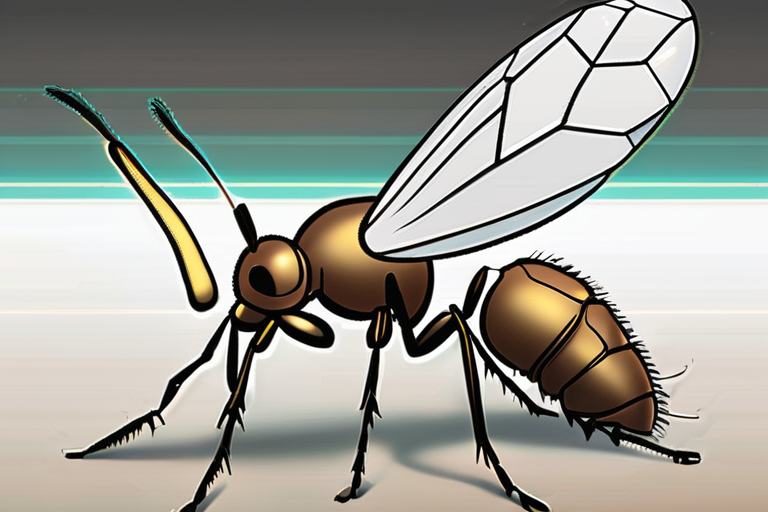
Share & Engage Share
Share this article